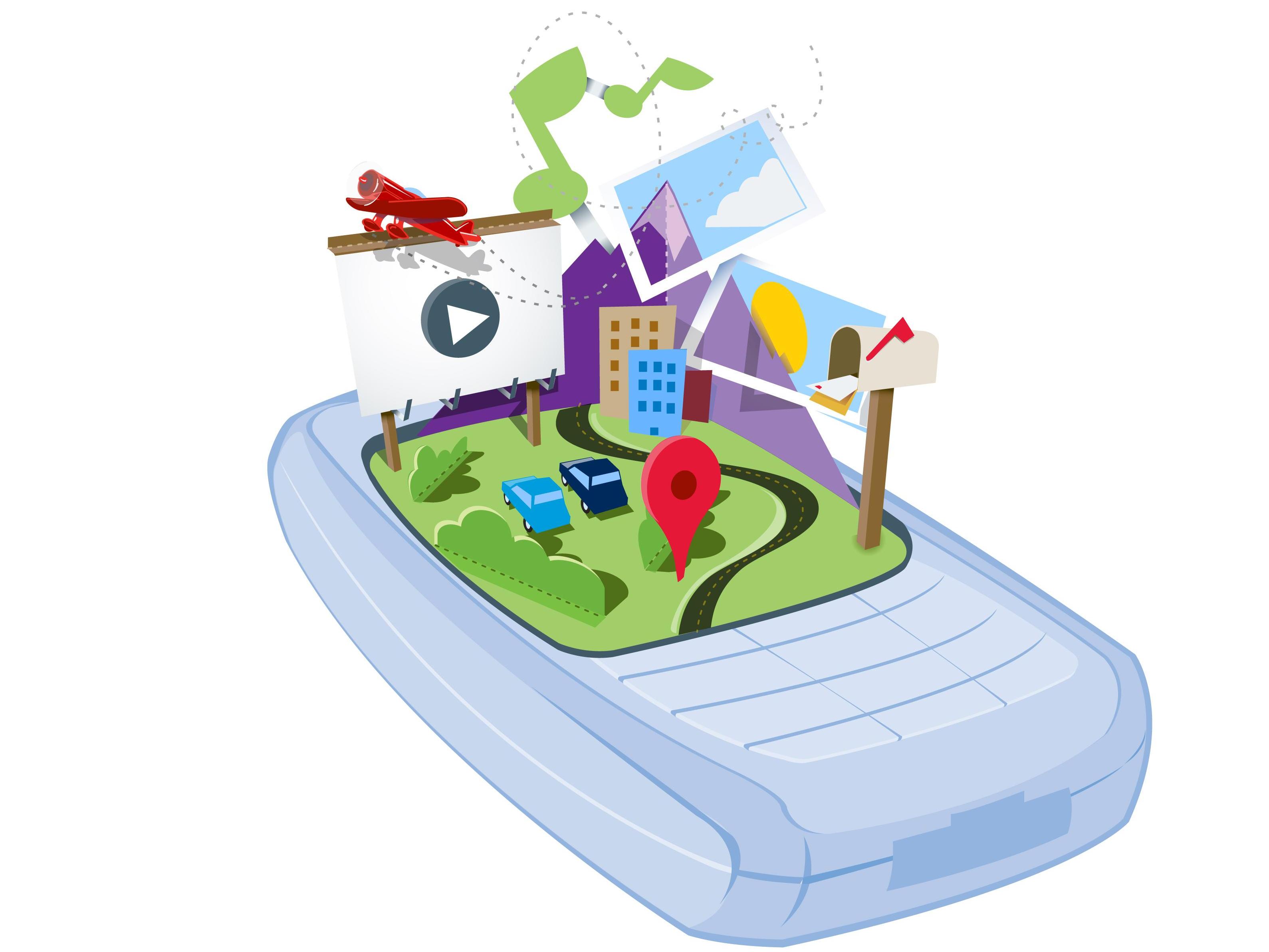Developers find Android SDK frustrating
Google platform 'isn't ready for prime time'

Sign up for breaking news, reviews, opinion, top tech deals, and more.
You are now subscribed
Your newsletter sign-up was successful
Bugs, poor documentation and the lack of a quality assurance system in Google's Android mobile operating system are causing some developers to say its software development kit "isn't ready for prime time" yet.
The SDK behind Android has been available to developers since the launch last month, and now the first verdicts are starting to drop in. We don't expect to see any Android-powered devices for at least a year, but Ars Technica had a chance to take a closer look at an early version of the operating system.
"[Android] is a highly promising foundation that is plagued by transitional challenges and a development process that needs more work," Ars Technica's Ryan Paul wrote.
Inadequate infrastructure
"Unfortunately, Google's QA infrastructure for the platform is completely inadequate for a project of Android's scope and magnitude," he continued.
One of the key issues surrounds the way in which bugs are reported in the system. When testers spot something, they're supposed to enter it into the Android Developer Google group and hope that Google staff pick up on it and fix the problem. This means there is no way to actually track bugs.
"Unfortunately there is currently no externally-accessible issue-tracking system," Google developer Dan Morrill replied to complaints about the bug reporting situation.
"We are considering how we might implement such a system, but we don't have an answer yet. The biggest snag is simply keeping our internal issue tracker in sync with an external one. So, it's a process problem, rather than a technical problem."
Sign up for breaking news, reviews, opinion, top tech deals, and more.
Creating applications is also currently an issue too, Ryan Paul wrote. "Although the API offers a lot of really nice functionality for animated transitions, alpha transparency, and other similar visual effects, it doesn't make it easy to create applications that have a really polished look and feel."
Despite the various niggles, the Ars Technica testers found Android to have a lot of potential, calling it "a viable and effective platform for application development".
iPhone comparison
So how does the Android platform compare to that of the Apple iPhone? The main difference is of course that while the Apple iPhone platform only has to work on one device, Android has to support an extremely diverse range of hardware devices with vastly different capabilities. This will undoubtedly lead to a whole heap of issues.
Launched last month, Android has been dubbed "the first truly open and comprehensive platform for mobile devices". The Google-lead Open Handset Alliance brings together the likes of HTC, LG, Motorola and Samsung among other mobile giants. The first Android-powered handsets are expected to surface in late 2008.